Google Rank: Understanding the Basics to Improve Website Ranking
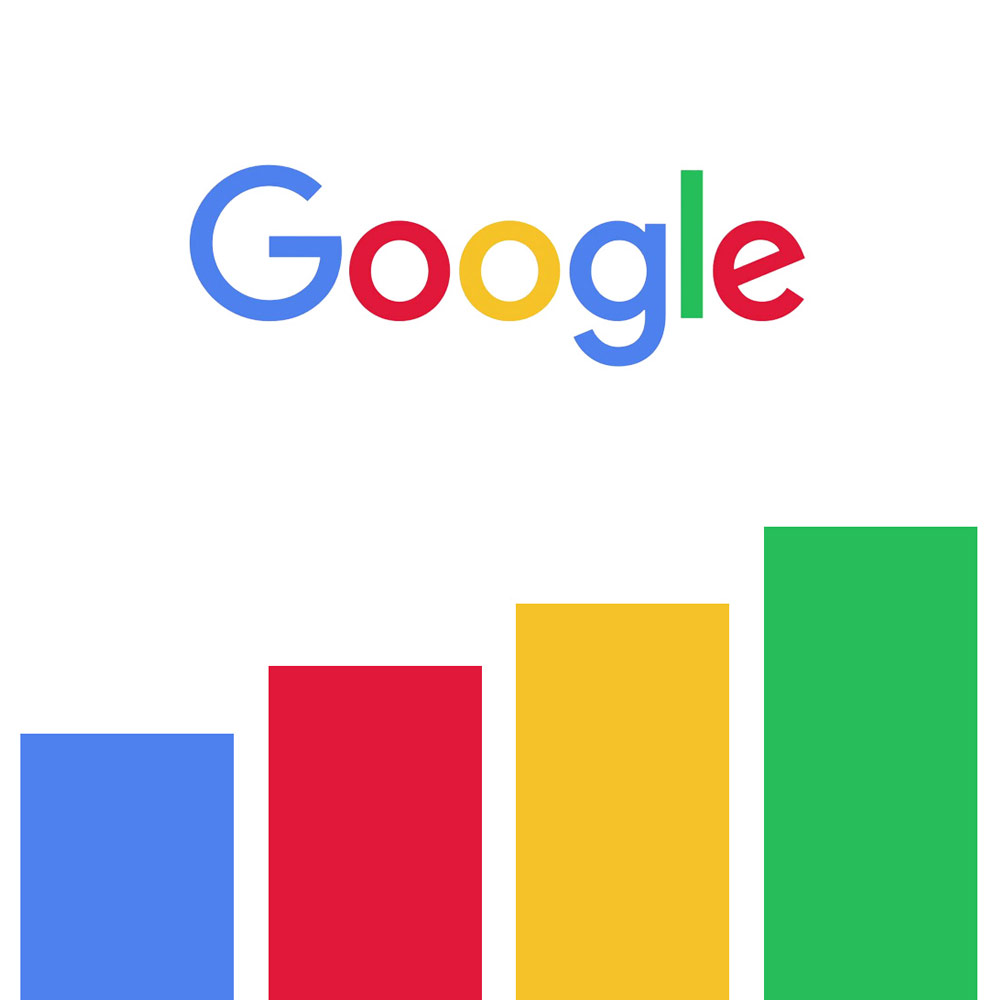
As a website owner, it is important to understand how search engines work and how they determine the ranking of websites. Google is the most widely used search engine in the world, and its ranking algorithm is constantly evolving. In this article, we will cover the basics of Google rank, how it affects your website, and some strategies to improve your website’s ranking.
What is Google’s rank?
Google rank is the position of a website on the search engine results page (SERP) for a given search query. Google uses a complex algorithm to determine the most relevant and high-quality websites for a particular search query and ranks them accordingly.
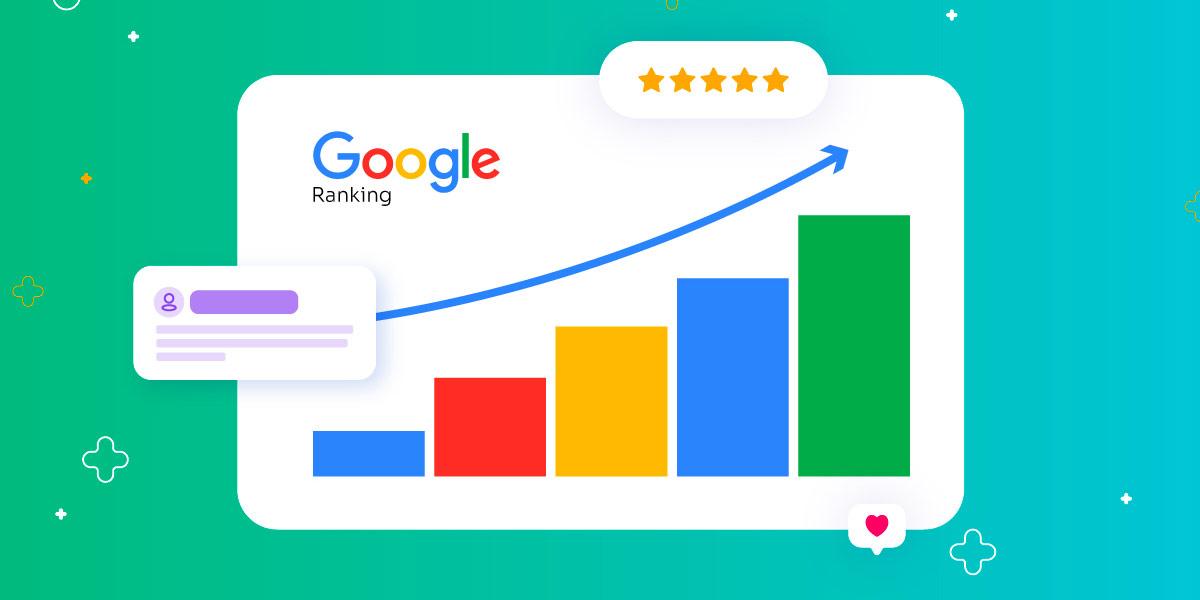
Why is Google rank important?
The higher your website ranks on Google, the more likely it is to receive organic traffic. Organic traffic refers to visitors who find your website through search engine results rather than through paid advertising or direct links. Higher organic traffic can result in increased brand awareness, higher conversion rates, and ultimately more revenue for your business.
How does Google rank websites?
Google uses over 200 ranking factors to determine the relevance and quality of a website for a given search query. While Google does not disclose all of these factors, several key factors are widely recognized as important:
- Keywords: Google analyzes the keywords used in a website’s content to determine their relevance to a particular search query.
- Content quality: Google values high-quality, unique, and relevant content that provides value to the user.
- Backlinks: Google uses backlinks, or links from other websites to your website, as a signal of your website’s authority and credibility.
- User experience: Google considers factors such as site speed, mobile-friendliness, and ease of navigation when ranking websites.
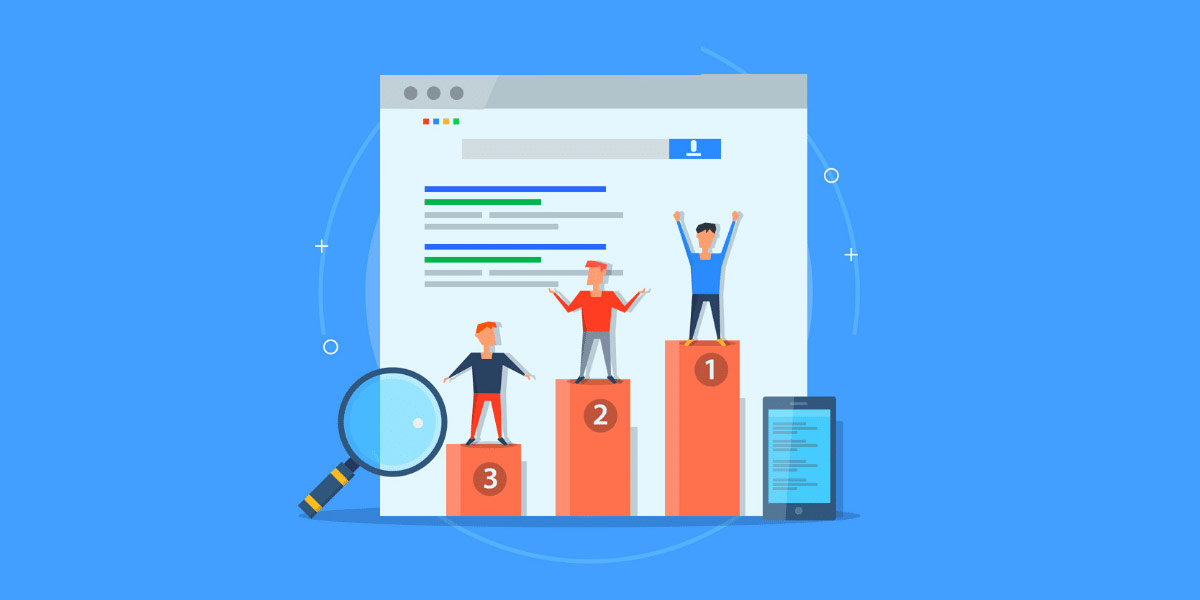
On-page optimization strategies for improving Google’s rank
On-page optimization refers to optimizing the content and HTML source code of a website to improve its ranking on search engines. Here are some on-page optimization strategies to improve your website’s Google rank:
Keyword research and optimization
Keyword research is the process of identifying the search terms that people use to find content related to your website. By optimizing your website’s content for these keywords, you can improve your chances of ranking higher on Google for relevant search queries.
Title tags and meta descriptions
Title tags and meta descriptions are HTML elements that provide information about the content of a web page to search engines. Optimizing these elements can help improve your website’s click-through rate (CTR) and ultimately its Google rank.
Quality content
High-quality content that provides value to the user is one of the most important ranking factors for Google. Creating unique, informative, and engaging content can help improve your website’s Google rank.
Internal linking
Internal linking refers to linking from one page on your website to another page on your website. This helps search engines understand the structure of your website and can help improve your website’s Google rank.
Site speed and mobile-friendliness
Site speed and mobile friendliness are important factors in Google’s ranking algorithm. Websites that load quickly and are optimized for mobile devices are more likely to rank higher on Google.

Off-page optimization strategies for improving Google’s rank
Off-page optimization refers to techniques that can be used outside of your website to improve its Google rank. Here are some off-page optimization strategies to consider:
Backlinking
Backlinks are links from other websites to your website. They are an important signal of your website’s authority and credibility. Building high-quality backlinks from reputable websites can help improve your website’s Google rank.
Social media presence
Social media can be a powerful tool for promoting your website and improving its Google rank. By creating engaging content and sharing it on social media, you can attract more visitors to your website and increase its visibility on Google.
Guest blogging
Guest blogging involves writing content for other websites in your industry and including a link back to your website. This can help increase your website’s visibility and improve its Google rank.
The importance of local SEO
Local SEO refers to optimizing your website for local search queries, such as “restaurants near me” or “plumbers in London”. By optimizing your website for these queries, you can improve your chances of appearing in the local pack, which is the list of businesses that appear at the top of the search results for local queries.
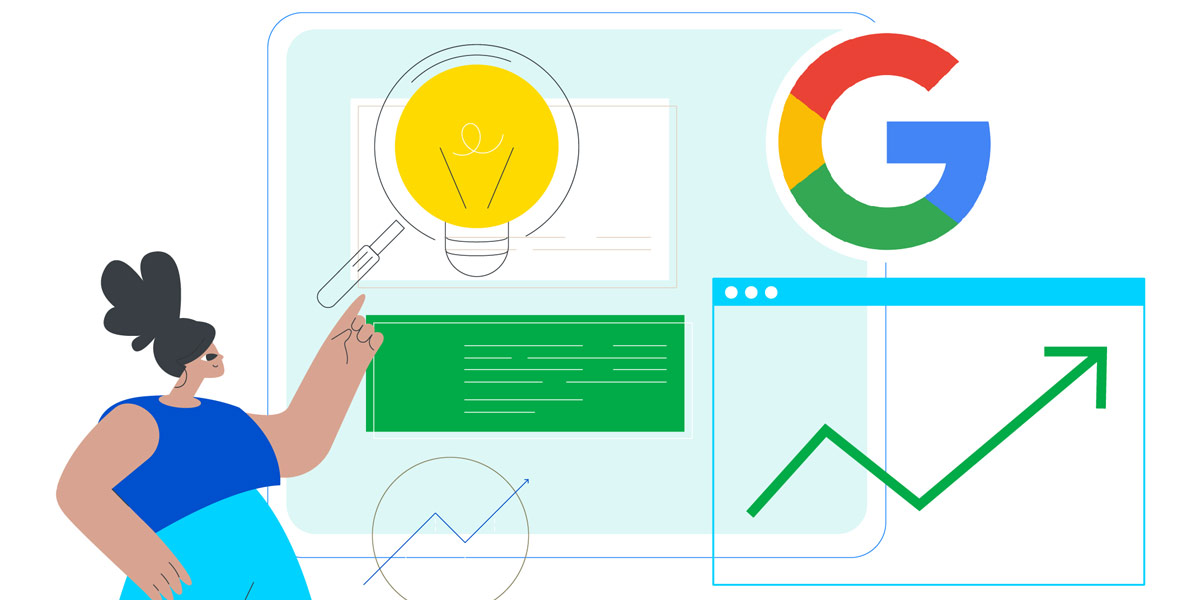
Common mistakes that can hurt your Google rank
While there are many strategies for improving your website’s Google rank, there are also several common mistakes that can hurt your ranking. Here are a few to watch out for:
Keyword stuffing
Keyword stuffing refers to the practice of including too many keywords in your website’s content in an attempt to improve its Google rank. This can hurt your ranking, as Google penalizes websites that engage in this practice.
Duplicate content
Duplicate content refers to content that appears on multiple pages of your website or other websites. Google penalizes websites that have a lot of duplicate content, as it is seen as low-quality and unoriginal.
Low-quality backlinks
Building low-quality backlinks, such as those from spammy or irrelevant websites, can hurt your website’s Google rank. It is important to focus on building high-quality backlinks from reputable websites.
Over-optimization
Over-optimization refers to the practice of using too many on-page optimization techniques in an attempt to improve your website’s Google rank. This can hurt your ranking, as Google penalizes websites that engage in this practice.
Measuring and monitoring your Google rank
There are several tools available that can help you measure and monitor your website’s Google rank. Some popular options include Google Analytics, Google Search Console, and third-party tools such as SEMrush or Ahrefs.
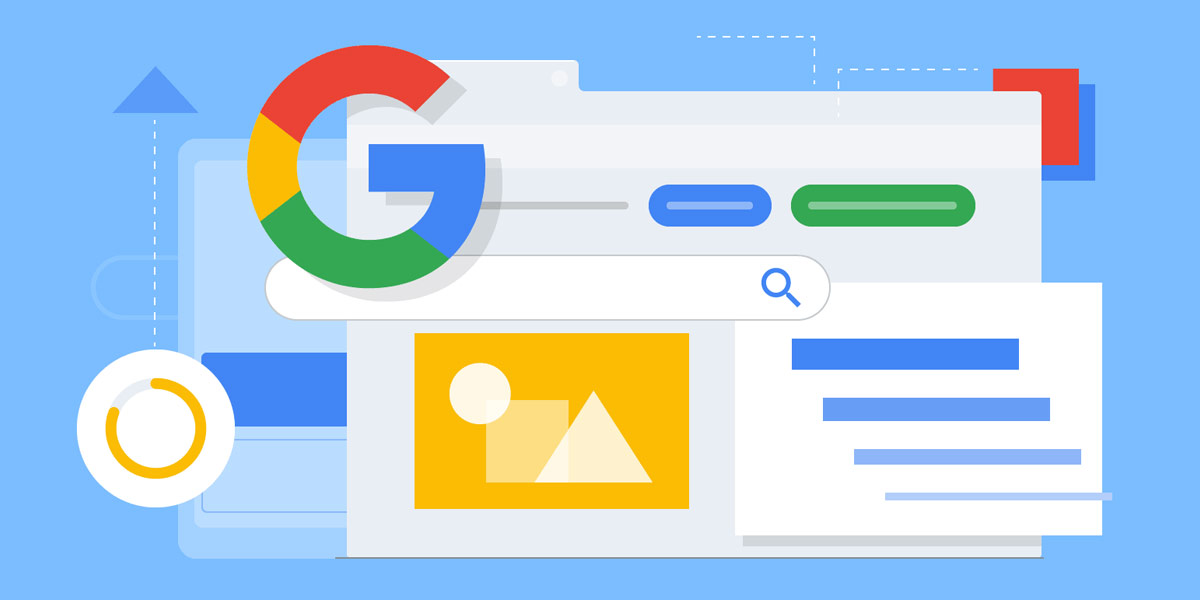
Conclusion
Google rank is an important factor in the success of your website. By understanding the basics of Google’s ranking algorithm and implementing strategies to improve your website’s ranking, you can attract more organic traffic, increase your brand awareness, and ultimately grow your business.
FAQs
How long does it take to improve my website’s Google rank?
It can take several weeks or even months to see improvements in your website’s Google rank, depending on the competition in your industry and the strategies you are using.
What is the most important factor in Google’s ranking algorithm?
Google’s ranking algorithm takes into account a wide range of factors, including content quality, website structure, backlinks, and user experience. There is no one “most important” factor, as each of these elements plays a role in determining your website’s rank.
Is it possible to improve my Google rank without using SEO?
While it is possible to attract traffic to your website without using SEO, implementing SEO strategies can help improve your website’s visibility on Google and attract more organic traffic over time.
How often should I update my website’s content to improve my Google rank?
There is no set frequency for updating your website’s content, but it is generally recommended to add new content regularly. This can help improve your website’s visibility on Google and attract more organic traffic over time.
Should I focus on on-page or off-page optimization to improve my Google rank?
Both on-page and off-page optimization strategies are important for improving your website’s Google rank. By focusing on both elements, you can create a strong and effective SEO strategy that helps your website stand out in search results.
What are some effective strategies for getting my website to appear on Google’s first page?
Several strategies can help improve your chances of appearing on Google’s first page, including creating high-quality, relevant content, using relevant keywords and phrases, and earning quality backlinks from reputable sources. Other tactics can include improving your website’s loading speed, optimizing your meta tags and descriptions, and using structured data to make your content more accessible to search engines. It’s important to remember that achieving a first-page ranking can take time and effort, and there is no one-size-fits-all solution. By implementing a combination of these strategies and regularly monitoring and adjusting your approach, you can improve your website’s chances of ranking on Google’s first page.

